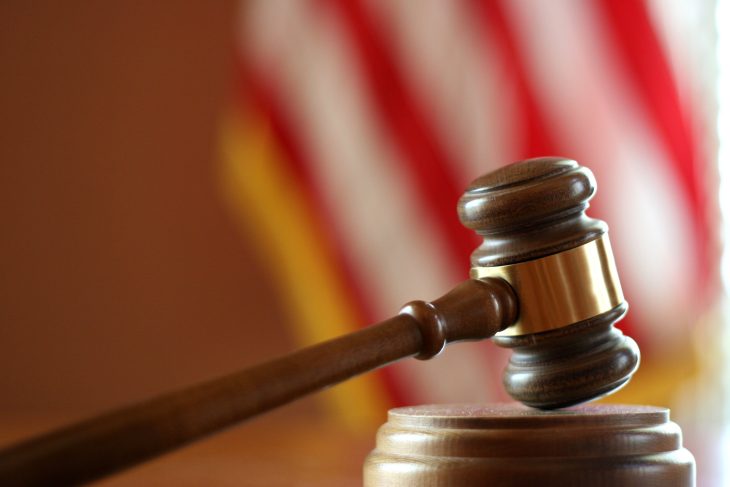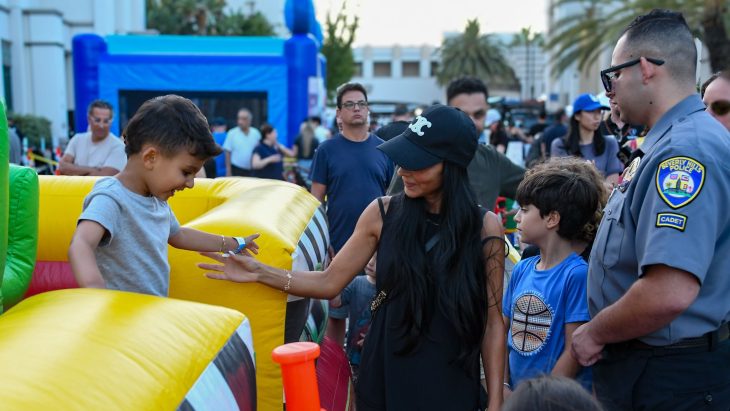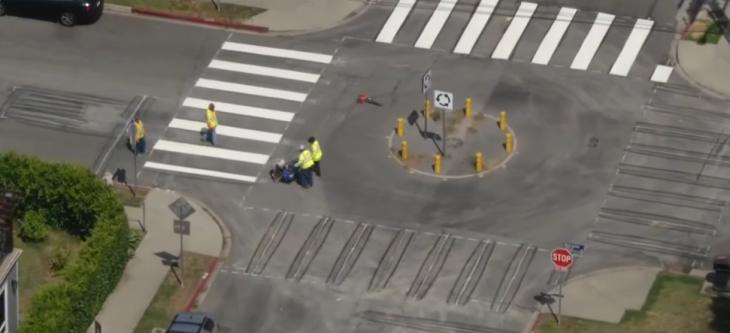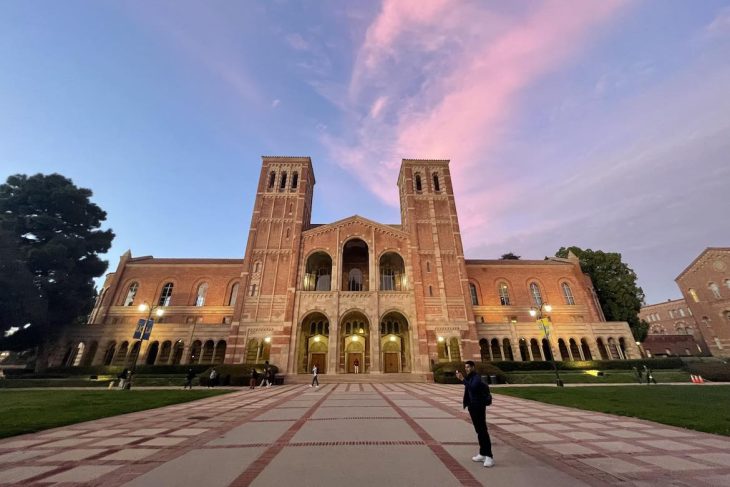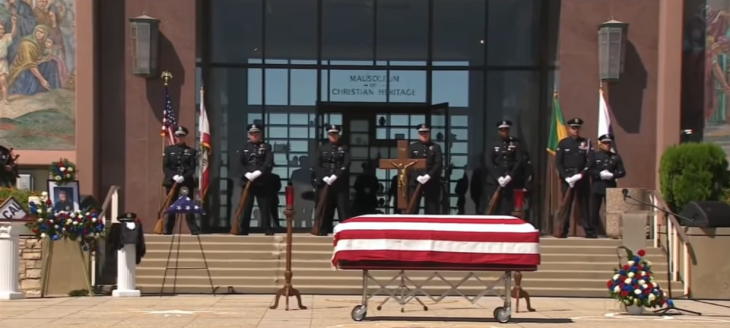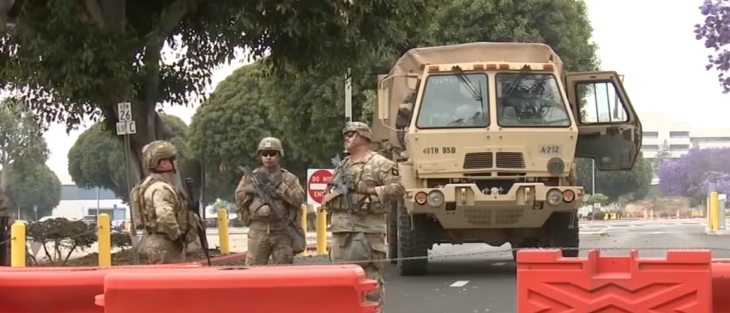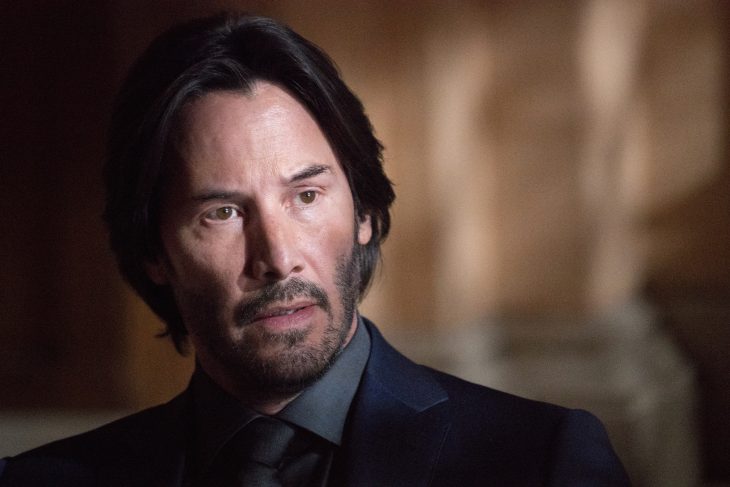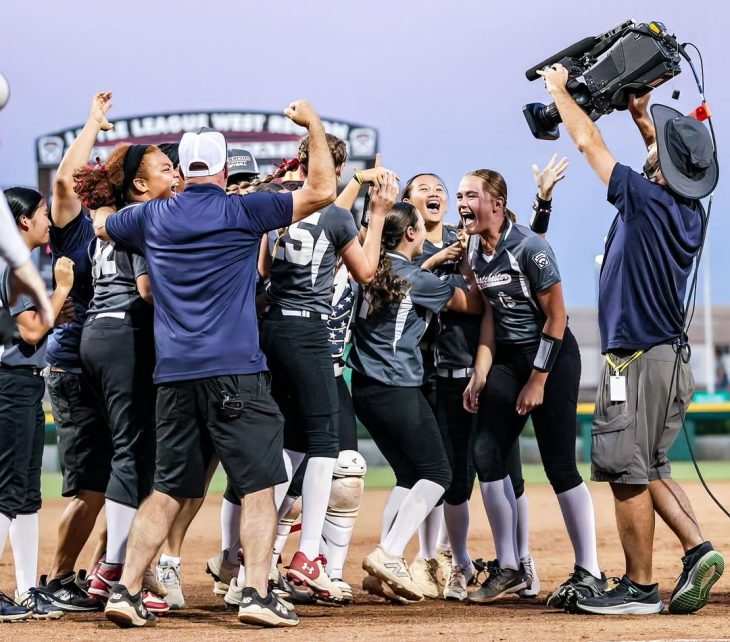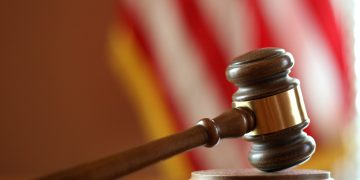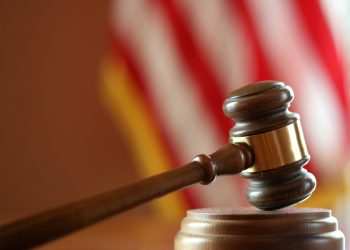UC International Students Caught in Political Crossfire as Visas Are Pulled
Over the past week, more than 36 students and alumni across California universities have reportedly had their visas nullified, including several at the University of California, Los Angeles, the UC campus with the highest known number of visa terminations. The sudden revocations come weeks after Secretary of State Marco Rubio announced that more than 300 student visas had been revoked nationwide, drawing criticism for appearing to target foreign-born students engaged in political activity, including high-profile pro-Palestinian scholars who have since been detained by Immigration and Customs Enforcement.
UC administrators have remained largely silent in the face of growing concern from faculty, student leaders, and deans who have demanded transparency and protection for affected students. At UCLA, multiple requests for clarity were dismissed in recent days, according to Poppy Press. The university’s first public acknowledgment came in a brief, vague campus-wide email sent by Chancellor Julio Frenk at 10:02 a.m. on April 6, offering no detailed explanation or reassurance.
Chancellor Frenk’s statement said, “You are not alone. You belong at UCLA, and you are an essential part of our community. In that message, we shared resources and support that are available to you.” but his only suggestion was to “make use” of the school’s resources.
“This is a fluid situation, and we continue to monitor and assess its implications for the UC community and the people affected,” the University of California said in a statement. “We are committed to doing what we can to support all members of our community as they exercise their rights under the law.”
UCLA officials later confirmed that a routine audit of the federal Student and Exchange Visitor Information System (SEVIS) revealed the termination of 12 student visa records — six current students and six alumni on post-graduate work authorization under the Optional Practical Training (OPT) program. According to the university, the terminations were issued due to alleged violations of visa conditions, though specific infractions were not disclosed.
A terminated SEVIS record immediately removes a student or graduate from status, per UC San Diego’s International Services and Engagement Office. Despite the administrative notices, UCLA said it is unaware of any active federal law enforcement presence on campus regarding these terminations.
Adding to student unease, the broader policy environment has shifted dramatically. A January executive order issued by former President Donald Trump threatened visa consequences for students who participated in pro-Palestinian protests, demonstrations that occurred on all nine UC undergraduate campuses last spring in the form of encampments and walkouts.
UCLA was the site of a heinous mob attack on the students’ Palestine Solidarity Encampment in April 2024 by pro-Isreali vigilantes that lasted for hours without UCLA’s administration, the LAPD, or any members of local government stepping in to protect the students, faculty members, staff, and journalists. It wasn’t until Mayor Karen Bass, who was in Washington D.C. at the time, called in the LAPD around 1:00 a.m. local time that the vigilantes started to leave the area, assuming the police were coming to arrest the pro-Palestine students.
The beatings and other attacks caused 25 people to be taken to the hospital by their friends because no first responders came to their aid despite dozens of frantic phone calls to them and the LAPD and UCPD.
UCLA’s Undergraduate Students Association Council President, Adam Tfayli, confirmed Friday night that multiple students at the campus had been affected. Meanwhile, campus police have stated they are not collaborating with federal immigration authorities in these cases.
Lt. James Echols of the UCLA Police Department said in an emailed statement that UCPD has not received any arrest warrants from federal agencies in the past week and has not provided protest-related information to ICE or the Department of Homeland Security. He added that any assistance from campus police would only occur if a federal agency’s target posed a direct threat to campus safety.

